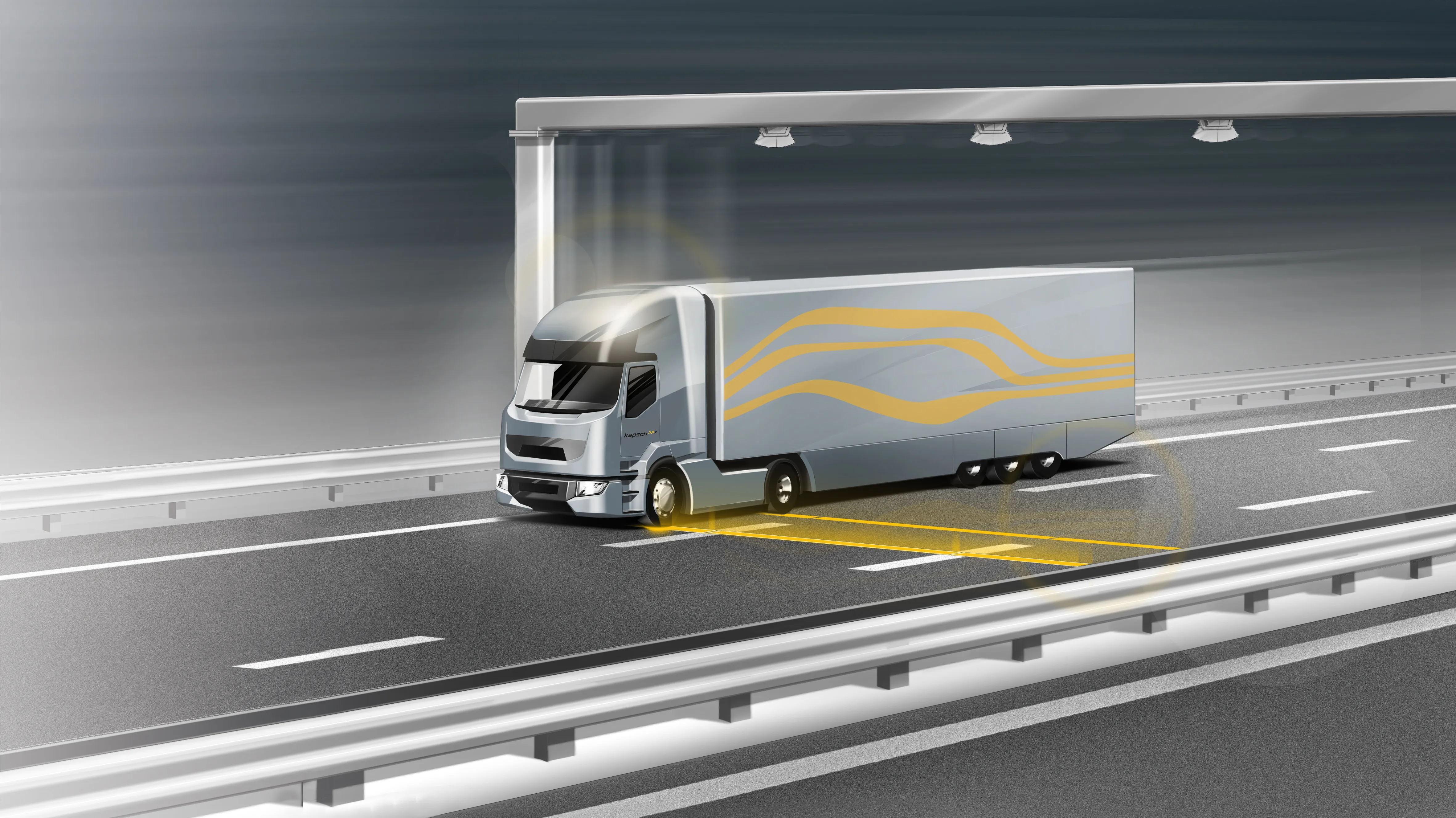FTA Ireland (FTAI) says it would like to see proposed new national traffic laws matched with an increased resource for roadside enforcement by the Gardai.
The response from the FTAI follows the announcement of The Road Traffic No.2 Act 2013, (introduced to improve safety levels on Irish roads) outlined by minister for transport, tourism and sport Leo Varadkar. The new traffic laws will include roadside impairment tests for drug driving; higher penalty points for speeding, mobile phone use and not wearin
February 21, 2014
Read time: 2 mins
FTA Ireland (FTAI) says it would like to see proposed new national traffic laws matched with an increased resource for roadside enforcement by the Gardai.
The response from the FTAI follows the announcement of The Road Traffic No.2 Act 2013, (introduced to improve safety levels on Irish roads) outlined by minister for transport, tourism and sport Leo Varadkar. The new traffic laws will include roadside impairment tests for drug driving; higher penalty points for speeding, mobile phone use and not wearing seatbelts; and allows unconscious drivers to be tested.
“This Act focuses predominantly on the human factors in road safety by strengthening and extending the law in key areas. This includes a new category of novice driving licenses, higher penalty points in key areas, and the testing of unconscious drivers for intoxication,” Varadkar said.
Neil McDonnell, general manager of FTA Ireland, said, “There is no doubt that these new traffic laws will improve road safety levels on Irish roads, but FTA Ireland would like to also see that the measures should be matched with an increased resource for roadside enforcement by Gardai. We also believe that enforcement should go further, and, therefore, legislation must ensure severe penalties for drivers who fail to bring their driving licence to court, thereby avoiding the fixing of points to their licences.”
The response from the FTAI follows the announcement of The Road Traffic No.2 Act 2013, (introduced to improve safety levels on Irish roads) outlined by minister for transport, tourism and sport Leo Varadkar. The new traffic laws will include roadside impairment tests for drug driving; higher penalty points for speeding, mobile phone use and not wearing seatbelts; and allows unconscious drivers to be tested.
“This Act focuses predominantly on the human factors in road safety by strengthening and extending the law in key areas. This includes a new category of novice driving licenses, higher penalty points in key areas, and the testing of unconscious drivers for intoxication,” Varadkar said.
Neil McDonnell, general manager of FTA Ireland, said, “There is no doubt that these new traffic laws will improve road safety levels on Irish roads, but FTA Ireland would like to also see that the measures should be matched with an increased resource for roadside enforcement by Gardai. We also believe that enforcement should go further, and, therefore, legislation must ensure severe penalties for drivers who fail to bring their driving licence to court, thereby avoiding the fixing of points to their licences.”






